
This is a fundamental SEO guide specifically written for solicitors. It explains the essentials of SEO in plain and simple language, with no technical jargon.
By the time you finish reading this article, you should have a clear understanding of how SEO rankings work and what you need to do to help your website rank higher in search results.
I hope this article answers all your questions about SEO. If not, please feel free to send me your questions, and I’ll respond within an hour.
In simple terms, it means ranking your firm’s website higher than your competitors on Google search results and increasing its organic traffic. When people search for solicitors, your website appears in the search results before your competitors.
SEO targets specific keywords or keyphrases, increases your website quality and attracts high-quality leads to your website.
People search for solicitors on Google when they need to hire a solicitor. The keyword Solicitors has 9,900 monthly searches in Ireland and 74,000 searches in the UK. Keyword Solicitors near me has 60,500 monthly searches in the UK and 2,900 searches in Ireland. If your website is not ranking in those search results, you are missing out on getting clients.
There are four areas in the SEO service.
On-page SEO means everything you do on your website, including content, articles, and products.
Off-page SEO is Everything you do not do on your website. This includes Link building, digital PR, outreach, and driving traffic from social media.
Local SEO means optimising your website for local searches. For example, you could optimise your website for a location like Dublin or London.
Technical SEO is working on the website’s backend, ensuring your website speed is fast, setting up redirects and schema markup, etc.
An SEO campaign includes all four areas. It also depends on what you want to achieve for your website.
If you just want to rank in your local area, you need local SEO.
If you just want to improve the quality of your website content, on-page SEO will help you with that.
Or, if you want to build more links and increase your website domain authority, you are talking about off-page SEO.
All four areas of SEO services are equally important.
Keyword research is researching words and phrases when people search for solicitors online.
If you know the word and phrases they use, you can create content and rank the words and phrases in the search results, and attract the right people to your site.
Keyword research is one of the most important first step in an SEO campaign.
Using keyword research tools will save you tons of time and get relevant data about the keywords, such as monthly search volume, keyword difficulty and the cost of pay for click, etc.
1. Google Keyword Planner is A free tool used for Google ads; the data is more accurate because it is directly come from Google.
2. Ubersuggest is a user-friendly tool suitable for all levels of users. The tool offers 7days free trial, after that, it gives you 3 options to pay monthly, annually or lifetime.
3. SEMrush is a more advanced tool with many other features; most SEO professionals use SEMrush for daily tasks. The SEMrush keyword magic tool is free and gives enough data about the keyword. There is a learning curve involved in using SEMrush, and it can be costly.
Understanding and using keyword intent in your SEO campaign will increase organic(unpaid) traffic and revenue. This means focusing on what people are searching for and why they are searching.
To better understand keyword intent, you must understand your client’s buying journey and needs at each sales funnel stage.
Keyword intent, also called search intent.
If you do marketing for your firm, you probably heard about the sales funnel before. What does a sales funnel have anything to do with keyword intent?
For example, Information keyword intent is at the top of the sales funnel; these types of content usually start with what. Who. Why. How to. Etc. People are at the top of the sales funnel; they are not ready to work with you yet, but they come to your website to search and learn about your services.
Commercial keyword intent is in the middle of the sales funnel. People who are already aware of your firm, come to your website to compare and investigate your services, they would consider to use your services.
Tractional keyword intent is at the bottom of the sales funnel; people are ready to work with you, have done all the research, are very well-informed, and know exactly what they want from your services. They are ready to contact you and talk to you about their problem, they believe you have the solution for their problem and you can help them.
Local keyword intent is people searching for local services. They are searching in multiple areas for the service they want. 97% of people searching for local services and local search on mobile have grown 500% in the last two years.
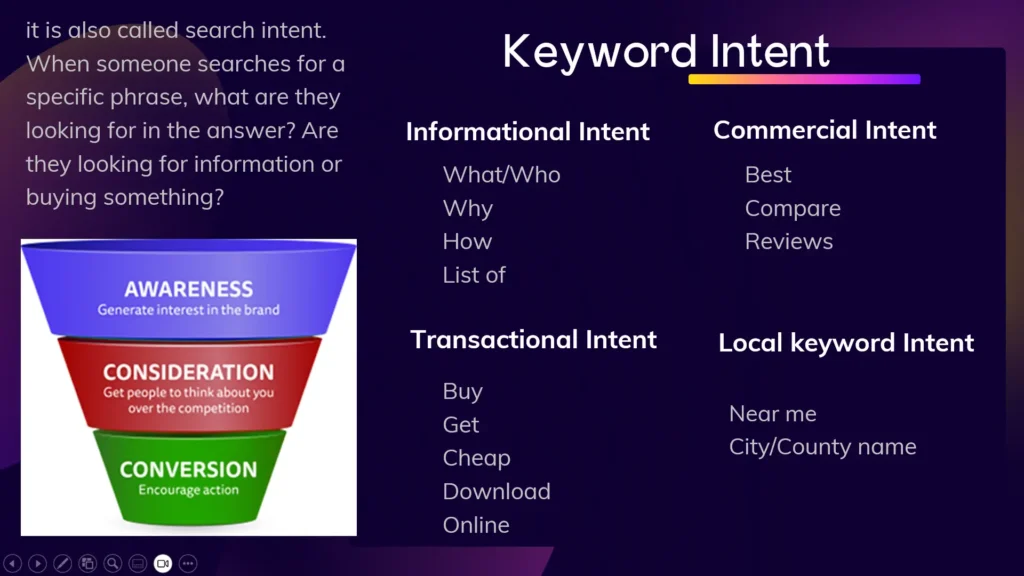
Long-tail keywords are short phrases with lower search volumes but higher intent and conversion.
For example,” criminal defence solicitors for drug charges in London” is a long-tail keyword that will attract a highly targeted audience of people searching for criminal defence solicitors who can help them with drug charges issues in London city.
Long tail keyword like this will have less search volume and probably will not bring you a lot of organic traffic to your website. But the keyword is highly transactional intent keyword, it will bring you high quality leads that are ready to convert to clients once they land on your website.
The keyword is often have less competition and can be particularly effective in niche markets.
Competitor analysis is a must-do part of an SEO campaign.
You need to study your competitors, study about what keywords they are ranking and not ranking, and gather all their keywords ranking metrics.
What services do they offer, and what are their strengths and weaknesses?
Finding out all about these will make it much easier to develop strategies to compete with them. You will be able to know which keywords you should target or should not target.
If you target the same keyword as one of your competitors who is already ranking in the top 5 on page one, it is going to be difficult for you to outrank them, it is not impossible, but it will take you a longer time and a lot more effort to create much better quality content to compete them.
That is one of the reasons why SEO takes a long time to see results; for instance, if a solicitor offers criminal law service, and another ten solicitors are offering the same service in your county and 100s of them in the country, it will take some time and effort to compete with so many competitors.
The bottom line is that the more competitive your niche is, the more time and effort you will need to see the results.
Google uses very complex ranking factors to decide which websites should or should not appear at the top of search results. There are more than 200 ranking factors, but we only need to focus on getting the most important ranking factors right.
Build a solid foundation and set your website to rank higher on Google search results. The fundamentals stay the same regardless of how much the SEO industry evolves.
I concluded that there are 12 ranking factors solicitors must have on their website to set their website up to rank on the first page of search results.
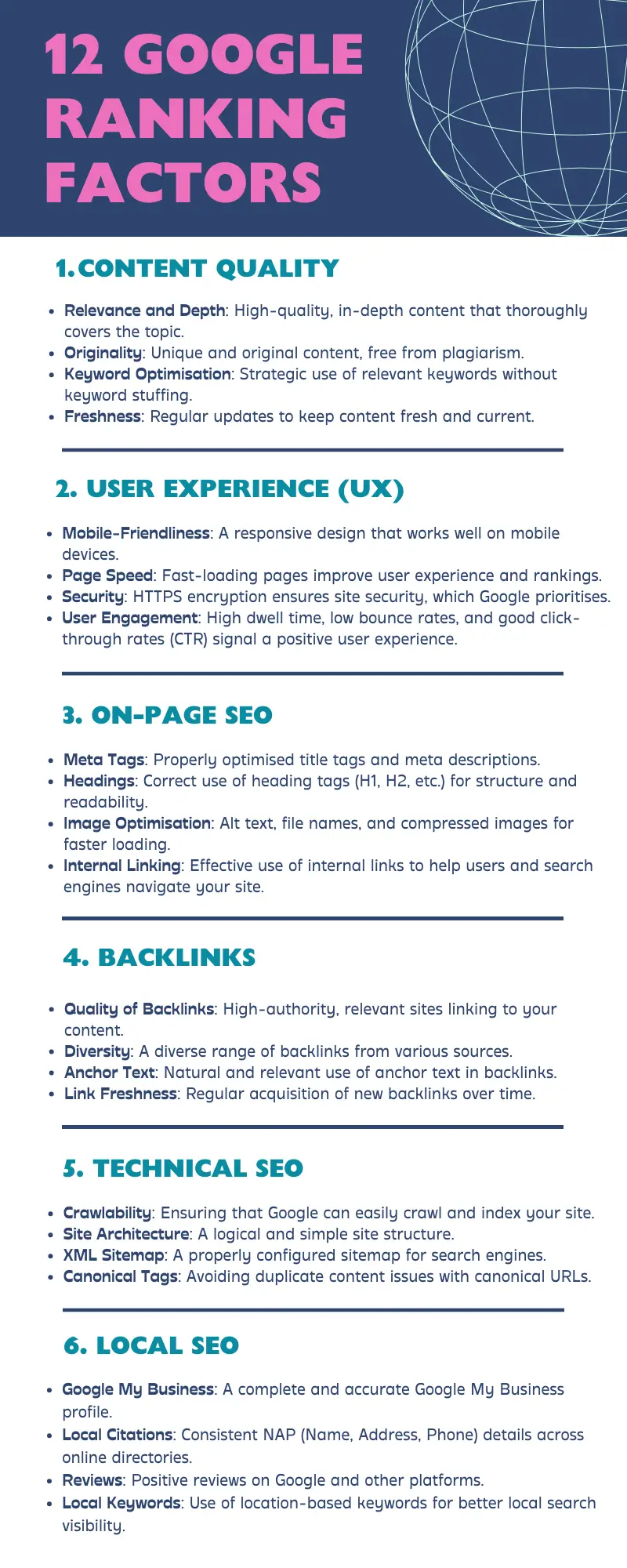
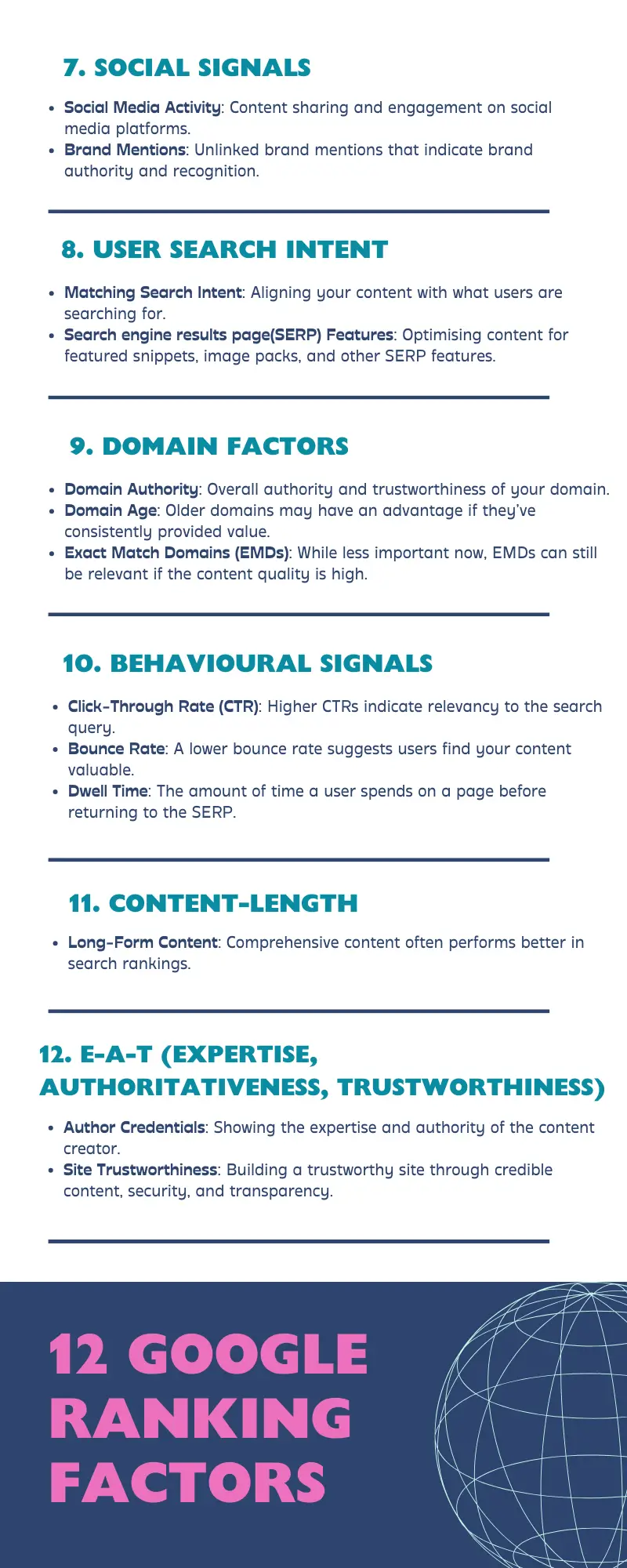
A well-organised, user-friendly website is critical for both SEO and user experience. Ensure your site has a clear hierarchy, with pages for key services, such as criminal law, family law, or personal injury.
Use headers and sub-headers to structure your content, and include meta descriptions for each page, which briefly summarise what the page is about.
Content is a massive part of an SEO campaign. Publish high-quality, informative content that answers your potential clients’ questions and demonstrates your expertise.
Blog posts, videos, case studies, and FAQs—any form of content that provides value to your audience can help attract visitors.
But ensure that your content is optimised with the relevant keywords.
Before you create your content, ask yourself:
The sales funnel is a model that describes the client’s buying journey.
Understanding where your potential clients are in the sales funnel can help you create targeted content that guides them through the journey and help them move down to the bottom of the funnel.
Google recently announced that it will stop indexing websites that are not mobile accessible on July 5th, 2024.
So, make sure your website is mobile device friendly and loads fast—less than 2 seconds. Website speed is an important ranking factor.
Google recognises bounce rates, low engagement rates, and slow websites. If your website has all three problems, Google can acknowledge that it is low quality.
Google emphasises user experience more than ever and uses it as a primary signal to determine whether a website has a high or low user experience.
Find out more about what is on page SEO and how it can impact your website ranking on our on page SEO service.
Backlink is one of the most important ranking factors; without them, your website won’t be competitive in term of ranking.
If your competitors have more backlinks than your website, you must double down on your backlink profile to compete.
In most cases, you need more backlinks to rank higher on search results. However, if you have a lot of low-quality or spammy backlinks, you are hurting your rankings.
You can build good quality backlinks by guest blogging, partnerships, and creating high quality content that people want to link to, build relationships with reputable legal and industry sites to gain backlinks.
Publish content on social media channels seems to have nothing to do with SEO.
Social media helps you build authority outside your website, it is part of your branding.
Search engines consider your social media performance to recognise your authority and trustworthiness. If you have a large number of followers and high engagement on your social media channels, it shows your authority and trustworthiness to Google.
Your online reputation is crucial, especially in the legal field.
Build up as many positive reviews as possible on your Google Business Profile(GBP), and always ask your satisfied clients to write a review; respond to their reviews professionally and as soon as possible.
You can learn more about Google reviews in this article: Google reviews: a infinite guide for businesses.
If you have many positive reviews on your GBP, it will help you build trust and credibility with both Google and users and directly helps your ranking .
Website speed and core web vitality are critical for user experience and SEO.
Use Google PageSpeed Insights to test your website speed and performance. This free tool gives you all the metrics and tells you how to improve your website performance. Or find out more in this article: How to improve your website speed?
Structured data and schema markup are important if you want rich snippets in the search results like this one:
Use Goolge structured data markup helper tool to create rich snippets. It is a free tool from Google. You are guaranteed to have rich snippets if you use it correctly.
Create a structured data markup to help Google understand your content better and show more of your page details in the search results, such as attaching a rich snippet image.
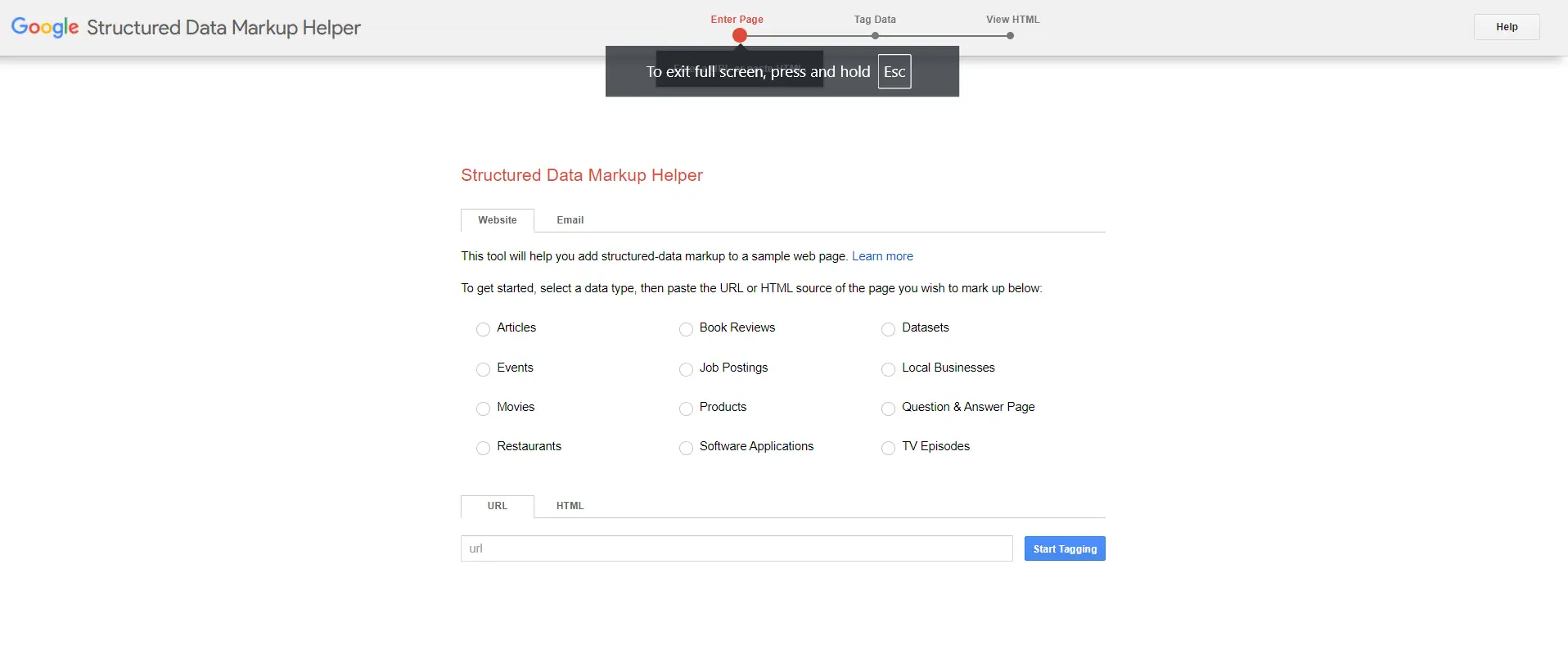
SEO is not a set-it-and-forget-it process.
Audit your website often to identify and fix issues like broken links, duplicate content, or outdated information.
Continue maintaining your website to a high standard and perform well over time.
Local SEO is essential for law firms that rely on clients within a specific geographic area.
Ranking your firm’s website to the top of local search results and appearing in the top of Google maps results should be your no 1 priority in your marketing effort. Especially if you have a few other competitors in the area, you really need to position your firm as a no 1 choice in your area.
Find out more about what is local search SEO and what it can do to help your firm to be the no 1 choice in your area in our SEO for local search service.
Optimising your Google Business Profile (GBP) is an effective local SEO strategy.
A local SEO campaign includes optimising your GBP. Ensure you have accurate and updated information, such as your firm’s name, address, phone number and your firm’s description, etc.
Your clients’ positive reviews on your GBP can significantly boost your local rankings. Uploading updates regularly on your GBP can help you build trust with Google and users and increase your GBP ranking and visibility.
Register your firm with local directories, such as legal directories and chambers of commerce listings.
Make sure your firm information, such as Name, Address, Phone number, and practice areas etc, are identical across all online directories.
The more consistent your information, the more trustworthy your law firm appears to search engines.
Link building probably sounds a bit technical, but it is not as technical as you think. Link building is to get other websites to link back to your website. These links are called “backlinks.” The more backlinks you have, the better signal to Google that your website has high authority and high-quality content, and people like the content on your website.
When a website links to yours, it’s like an endorsement, if a high domain authority website links to you, it can increase your website’s authority in the eyes of Google and increase your organic traffic to your website fast.
Now, you might be wondering, why does this matter for your website’s ranking?
Google uses very complex ranking factors to decide which websites should or should not rank at the top of search results. Backlink is one of the most important factors they consider.
The more high-quality websites links to your website, the better your website will rank and the more organic traffic your website will have.
When a highly reputable website links to yours, it boosts your website domain authority higher and increases your credibility.
Good backlinks can bring more visitors to your site. If someone reads an article on a reputable website and sees your site link, they click it and go to your website, that is a good quality backlink, it sends organic traffic to your website. If you have a lot of backlinks like that, you will have a lot of more referral traffic and rank higher in search results.
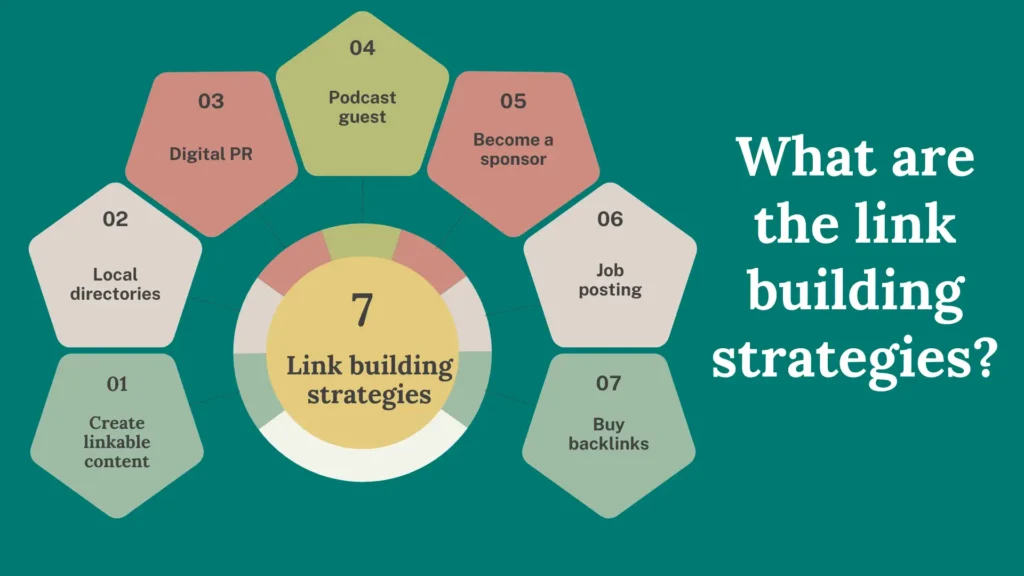
1. Create content that other people want to link to. This usually is blog posts, or articles on your website that people want to link to .
2. Register your website to other online directories, especially those focused on legal services. These directories often provide a backlink to your site.
3. Digital PR is if your firm are mentioned in the news or featured in an article, you usually get a link back to your site.
4. Be a guest in podcasts in the legal industry; you usually get a link back to your website.
5. Sponsor an event or conference, etc, they will display their sponsors, and you will get a link back to your website.
6. Job postings in colleges and universities, you will get a link back to your website when you post a job on their website. Usually universities and colleges are highly reputable websites, it is well worth to get a link from them.
7. Buy backlinks. There are so many link-building agencies out there; some are good, and some are not so good; outsourcing link-building can save you tons of time and effort.
Measure & track seo success, There is no point of investing time, money, and effort into an SEO campaign if you have no idea whether it’s working or not?
So, I am going to talk about why do we need to measure SEO success, how to measure your SEO success and track the performance of your SEO campaign. I’ll show you the tools you need, what you should be measuring, and how to measure it.
Well, it’s simple. If you don’t measure your results, you won’t know what’s working and what’s not. You could be spending time and money on the wrong thing and miss opportunities to work on the right thing so that you can get even better results.
By measuring your seo campaign success, You’ll know which keywords are driving traffic, which pages are converting visitors into leads, and where the gaps for improvement. you’ll be able to ensure that every penny you spend on SEO is giving you the best possible return.
You need tools to measure a seo campaign. Google analytics 4 and google search console are must have. You could also use semrush, ahrefs and moz if you have the budget and want to dip deeper into data and analysis.
1.Google Analytics 4 is a free tool from Google, and a very useful tool. Google Analytics will show you how many people are visiting your website, where they’re coming from, and how long they stay on your site. Etc.
2.Google Search Console is another free tool from Google, this one helps you understand how your website is performing in search results. It shows you each keywords ranking performance, your website crawling and indexing issues, etc.
SEMrush/Ahrefs/Moz: These are paid tools but are incredibly valuable for deeper analysis. They can help you track your rankings, analyse your competitors, and find new keyword opportunities.
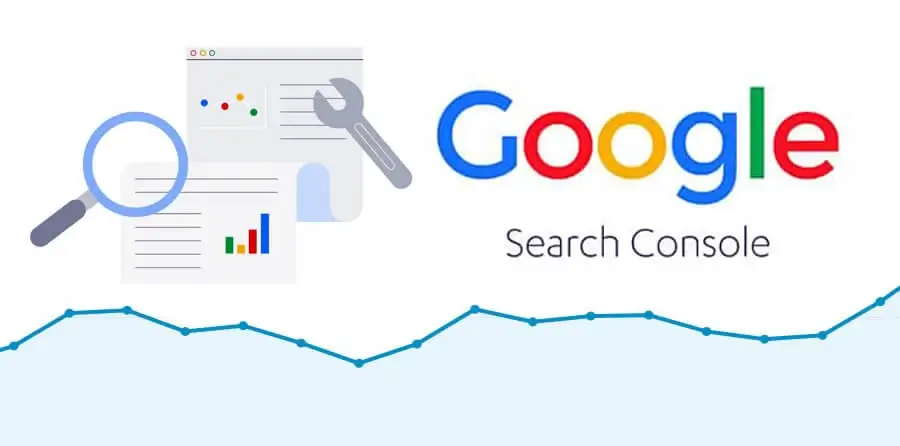

So, what you should be looking at when you’re tracking your SEO performance? Here are the KPI metrics you should track:
1. Organic Traffic: This is the number of visitors coming to your site from search engines.
2. Keyword Rankings: Keep an eye on your target keyword rankings and impressions.
3. Conversion Rate: It’s not just about getting visitors to your site; you want them to take action—whether filling out a contact form, signing up for a newsletter, or calling your office.
4. Click through rate: the numbers of clicks you received from people. To calculate how much CTR, use number of clicks divide impression equal CTR.
5. Bounce Rate: This is the percentage of visitors who leave your site after viewing just one page.
6. Backlinks: Keep tracking how many backlinks you’re getting and where they’re coming from.
Measuring these metrics is easier than you think.
Before you start, decide what you want to achieve with your SEO campaign. Is it more traffic you want? Or you just want a better ranking for specific keywords? Or you want More client enquiries? Having clear goals will help you focus on the metrics that matter most.
Set up Google Analytics and Search Console. Use them to monitor your organic traffic, keyword rankings, and conversions.
Don’t just look at your data once and forget about it. Regularly check in to see how your campaign is performing.
If something isn’t working, don’t be afraid to change it, tweak your strategy as you go along.
Measuring your SEO success is not just a nice-to-have; it’s essential. By using the right tools and tracking the right metrics, you can drive real results for your firm.
SEO is a powerful organic lead generation tool for law firms. Once your website ranks at the top of the first page, the ongoing cost to maintain that position is low to none.
This comprehensive guide gives you all the fundamentals you need to transform your website into a highly reputable law firm website that ranks at the top of search results and earns hundreds or thousands of organic traffic.
If you target keyword solicitors in Ireland or UK, you could potentially get 9,900 or 74,000 organic traffic to your website each month. However, your website must optimised for the keyword solicitors, contains highly relevant and high quality content on the page.
A full SEO optimised page will help you to rank higher and earn hundreds or thousands organic traffic at the end.
If you think this is what you are looking for to grow your law firm in a long run, contact Emma to get a free SEO proposal.
2025 @EM Digital Marketing Ltd.
All rights reserved.
Company Number: 752077 Ireland